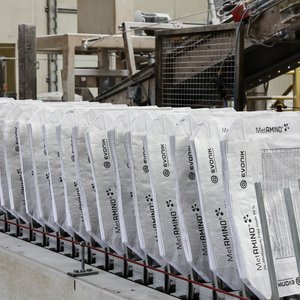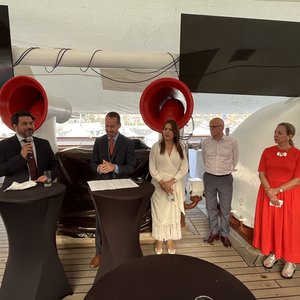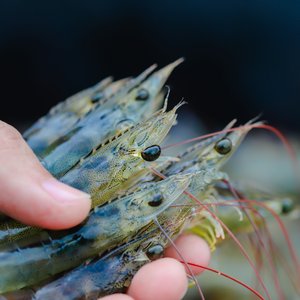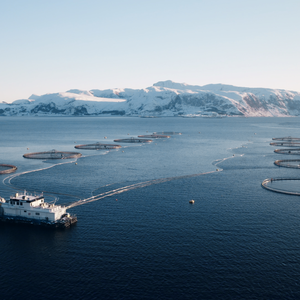A Memorial University researcher is investigating a new opportunity he hopes will help diversify the range of seafood produced in Newfoundland and Labrador for worldwide distribution.
The green sea urchin Strongylocentrotus droebachiensis thrives in shallow rocky habitats along the coast of the province. The gonads of male and female urchins, also called roe, are a highly prized culinary delicacy in many parts of the world, including Asia.
Dr. Pat Gagnon, an associate professor of marine biology and ecology in the Department of Ocean Sciences, Faculty of Science, is working with local and international industry partners on a new approach to consistent roe production, with the hope of creating an urchin farming industry in the province.
Dr. Gagnon is partnering with Green Seafoods Ltd., a leader in the aquaculture industry in Newfoundland and Labrador, on a research project to determine the suitability of a revolutionary feed on local green sea urchins. The feed is known for the quick production of large volumes of high-quality roe in other parts of the world, but has never been tested in a cold-water system like Newfoundland and Labrador’s. The global right holders for the feed, Kaston International AS, a Norwegian company operating under the venture name Urchinomics, is also a project partner.
The feed is expected to bring urchin roe to a sufficient quality and quantity for market in only 12 weeks using minimal infrastructure, which means, if successful, this kind of farming can be done year-round or as needed to fill gaps in a seafood producer’s schedule.
With support from a Natural Sciences and Engineering Research Council of Canada Engage grant, which funds new research collaborations with industrial partners that applies a researcher’s expertise to address a company challenge, the first stage of the project has already begun in the Dr. Joe Brown Aquatic Research Building at the Ocean Sciences Centre in Logy Bay, N.L.
The team is now talking to other industry partners and looking for additional funding to address further questions relating to both land- and field-based production of urchin roe, environmental sustainability and socio-economic development opportunities for the province.
Dr. Gagnon and his collaborators intend to begin studying the environmental impacts of semi-commercial, field-based trials in Southeastern Newfoundland within the next year.










